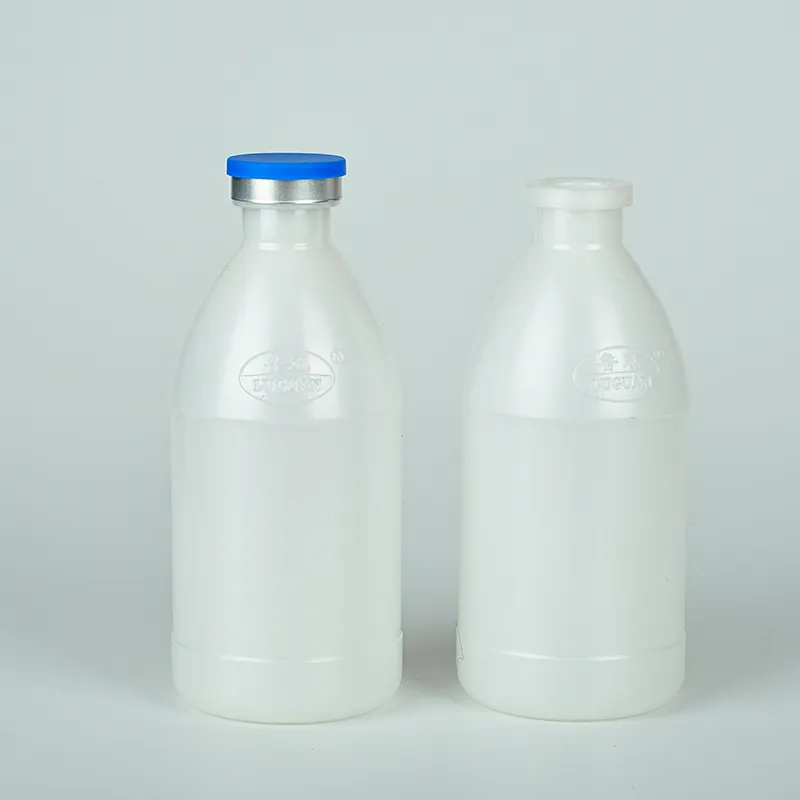
-
 Afrikaans
Afrikaans -
 Albanian
Albanian -
 Amharic
Amharic -
 Arabic
Arabic -
 Armenian
Armenian -
 Azerbaijani
Azerbaijani -
 Basque
Basque -
 Belarusian
Belarusian -
 Bengali
Bengali -
 Bosnian
Bosnian -
 Bulgarian
Bulgarian -
 Catalan
Catalan -
 Cebuano
Cebuano -
 Corsican
Corsican -
 Croatian
Croatian -
 Czech
Czech -
 Danish
Danish -
 Dutch
Dutch -
 English
English -
 Esperanto
Esperanto -
 Estonian
Estonian -
 Finnish
Finnish -
 French
French -
 Frisian
Frisian -
 Galician
Galician -
 Georgian
Georgian -
 German
German -
 Greek
Greek -
 Gujarati
Gujarati -
 Haitian Creole
Haitian Creole -
 hausa
hausa -
 hawaiian
hawaiian -
 Hebrew
Hebrew -
 Hindi
Hindi -
 Miao
Miao -
 Hungarian
Hungarian -
 Icelandic
Icelandic -
 igbo
igbo -
 Indonesian
Indonesian -
 irish
irish -
 Italian
Italian -
 Japanese
Japanese -
 Javanese
Javanese -
 Kannada
Kannada -
 kazakh
kazakh -
 Khmer
Khmer -
 Rwandese
Rwandese -
 Korean
Korean -
 Kurdish
Kurdish -
 Kyrgyz
Kyrgyz -
 Lao
Lao -
 Latin
Latin -
 Latvian
Latvian -
 Lithuanian
Lithuanian -
 Luxembourgish
Luxembourgish -
 Macedonian
Macedonian -
 Malgashi
Malgashi -
 Malay
Malay -
 Malayalam
Malayalam -
 Maltese
Maltese -
 Maori
Maori -
 Marathi
Marathi -
 Mongolian
Mongolian -
 Myanmar
Myanmar -
 Nepali
Nepali -
 Norwegian
Norwegian -
 Norwegian
Norwegian -
 Occitan
Occitan -
 Pashto
Pashto -
 Persian
Persian -
 Polish
Polish -
 Portuguese
Portuguese -
 Punjabi
Punjabi -
 Romanian
Romanian -
 Russian
Russian -
 Samoan
Samoan -
 Scottish Gaelic
Scottish Gaelic -
 Serbian
Serbian -
 Sesotho
Sesotho -
 Shona
Shona -
 Sindhi
Sindhi -
 Sinhala
Sinhala -
 Slovak
Slovak -
 Slovenian
Slovenian -
 Somali
Somali -
 Spanish
Spanish -
 Sundanese
Sundanese -
 Swahili
Swahili -
 Swedish
Swedish -
 Tagalog
Tagalog -
 Tajik
Tajik -
 Tamil
Tamil -
 Tatar
Tatar -
 Telugu
Telugu -
 Thai
Thai -
 Turkish
Turkish -
 Turkmen
Turkmen -
 Ukrainian
Ukrainian -
 Urdu
Urdu -
 Uighur
Uighur -
 Uzbek
Uzbek -
 Vietnamese
Vietnamese -
 Welsh
Welsh -
 Bantu
Bantu -
 Yiddish
Yiddish -
 Yoruba
Yoruba -
 Zulu
Zulu
reagent bottle laboratory apparatus function
The Role of Reagent Bottles in Laboratory Settings
In the realm of scientific research and experimentation, laboratory apparatus plays a crucial role in ensuring accuracy, safety, and efficiency. Among these essential tools, reagent bottles are often overlooked, despite their indispensable function in handling and storing chemical substances. This article delves into the significance of reagent bottles and their diverse functions in laboratory settings.
The Role of Reagent Bottles in Laboratory Settings
A critical function of reagent bottles is to provide a means of organizing and identifying chemical substances. Each bottle is usually labeled with vital information, including the chemical name, concentration, and hazard warnings. This practice is essential for maintaining safety in the laboratory, as accidents often occur due to improper handling of unidentified or mislabeled substances. By adhering to proper labeling protocols, laboratories can minimize the risks posed by hazardous chemicals and ensure that personnel can work safely and efficiently.
reagent bottle laboratory apparatus function

In addition to storage and organization, reagent bottles facilitate easy dispensing of chemicals. Many reagent bottles come equipped with features such as dropper tops or pour spouts that allow for precise measurement and minimize the risk of spills. This is particularly important in experiments that require accurate concentrations of reagents, as even minor deviations can lead to significant errors in results. The design of these bottles not only aids in dispensing but also helps in maintaining a clean working environment, which is paramount in any scientific research setting.
Moreover, reagent bottles play a vital role in experiments that require reactions to occur under controlled conditions. For instance, when conducting reactions that involve volatile substances or those that are sensitive to light or temperature, reagent bottles can provide a sealed environment to minimize exposure to external factors. Specially designed bottles may feature airtight seals or UV-protective coatings to enhance the stability of reagents. This level of control is crucial, as even slight variations in environmental conditions can impact the results of an experiment.
Another important aspect of reagent bottles is their contribution to waste management in laboratories. Chemical waste is an inevitable byproduct of scientific experimentation, and proper disposal procedures are essential to ensure environmental safety. Reagent bottles can serve as temporary storage for waste chemicals, allowing researchers to segregate and manage hazardous materials appropriately before disposal. This practice not only promotes laboratory safety but also aligns with regulations governing chemical waste management.
In summary, reagent bottles are foundational components in laboratory settings, serving multiple functions that enhance safety, organization, and efficiency in handling chemical substances. Their ability to store, dispense, and contain reagents, along with their role in environmental control and waste management, underscores their significance in the scientific community. As laboratories continue to evolve and expand their capabilities, the importance of reliable and functional reagent bottles cannot be overstated. Investing in high-quality reagent storage solutions is crucial for researchers aiming to conduct safe and effective experiments while contributing valuable knowledge to their respective fields.
-
Premium Metal Dropper Bottle for Precise Dispensing 250ml & 1ml Options AvailableNewsJul.04,2025
-
20 ml Headspace Vials - High Quality Polyethylene & Plastic Vials for Lab UseNewsJul.04,2025
-
Small Bottle with Pipette - Precise Dispensing 100ml Pipette Bottles for Essential Oils & Lab UseNewsJun.24,2025
-
Acetic Anhydride Bottle for Accurate Dropper Measurement in Pharmacy Use High-Quality Dropper BottlesNewsJun.10,2025
-
Innovative PET Bottle Design for Juice – Unique Shapes & Customization OptionsNewsJun.10,2025
-
20 Pack Sterilized Petri Dishes – Assorted Sizes, High Quality Small Plastic Petri Dishes for Lab UseNewsJun.10,2025






















